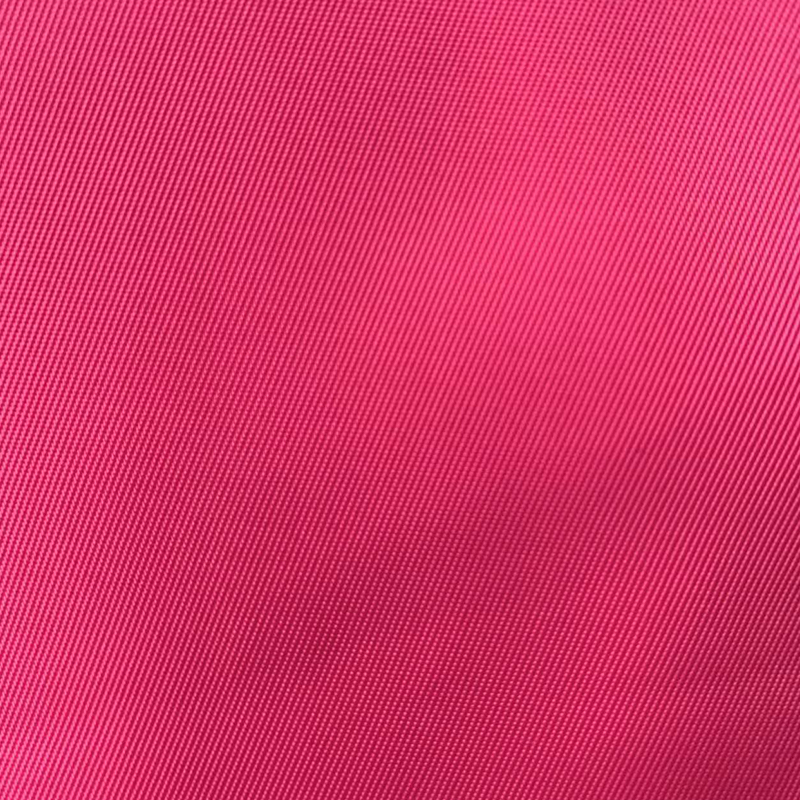Polyester twill fabric is a modern textile marvel, blending the resilience of synthetic fibers with the timeless charm of the twill weave. This diagonal pattern not only enhances the visual appeal but also boosts the fabric's structural integrity. When comparing polyester twill to natural fibers, it's clear why this fabric is a top choice for both functional and fashion-forward applications. With exceptional durability, versatility, and adaptability to post-processing treatments, polyester twill offers advantages that natural fibers simply can’t match.
One of the standout benefits of polyester over natural fibers in a twill weave is its superior strength and longevity. Polyester's inherent durability resists wear and tear better than cotton or wool, making it ideal for heavy-use applications such as uniforms, workwear, and outdoor gear. Unlike natural fibers, polyester doesn’t fray easily, maintaining its shape and structure even under harsh conditions. The tightly woven twill construction further reinforces this strength, ensuring that garments and products last longer without losing their form or functionality. For professionals who require reliable clothing, such as military personnel, traffic controllers, or construction workers, polyester twill provides unmatched dependability.
Another key advantage lies in polyester’s low-maintenance nature. Natural fibers like cotton require special care to prevent shrinking, wrinkling, or fading, but polyester twill fabric offers easy care and long-lasting vibrancy. Its resistance to wrinkles and creases makes it ideal for business attire or casual wear that demands a polished look with minimal effort. Additionally, polyester twill is less likely to absorb moisture or odors, unlike cotton, which can retain sweat and stains. These properties make it a favorite for sportswear, down jackets, and even raincoats, where quick drying and weather resistance are critical.

The adaptability of polyester twill to post-processing techniques is another area where it excels over natural fibers. It can undergo treatments such as waterproofing, flame retardancy, TPU lamination, and dyeing with ease, opening the door to a wide range of applications. For instance, tents and bags benefit from waterproof coatings that enhance functionality, while printed designs on polyester twill retain their sharpness and clarity over time. Natural fibers, while versatile, often struggle to achieve the same level of performance without compromising their texture or integrity. Polyester’s chemical compatibility and ability to hold treatments make it indispensable in industries ranging from fashion to home textiles.
Finally, Polyester twill fabric embodies modern sustainability and innovation in ways natural fibers cannot. Although synthetic, advancements in polyester recycling have made it possible to create eco-friendly textiles that meet the demands of environmentally conscious consumers. Polyester twill's longevity also reduces the need for frequent replacements, which aligns with the growing preference for durable, long-lasting products. From casual wear to specialized uniforms, polyester twill provides a balance of aesthetics, functionality, and efficiency that’s hard to rival.
Whether you're designing stylish business suits, constructing rugged workwear, or creating durable home textiles, polyester twill fabric offers an unbeatable combination of features. Its blend of strength, ease of care, and versatility makes it a smart choice for countless applications. For those who demand high performance without sacrificing style, polyester twill fabric is a clear winner in the world of textiles.